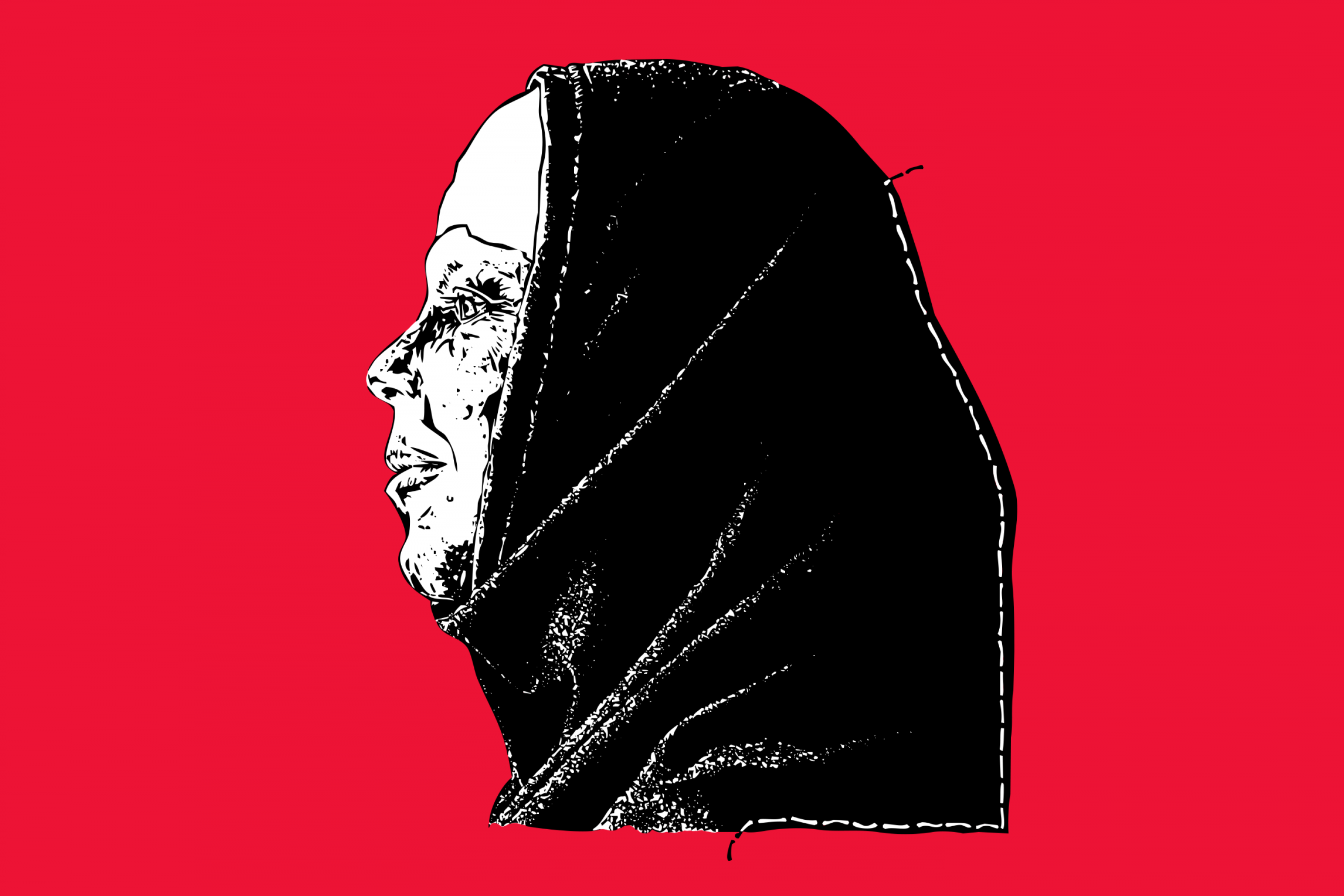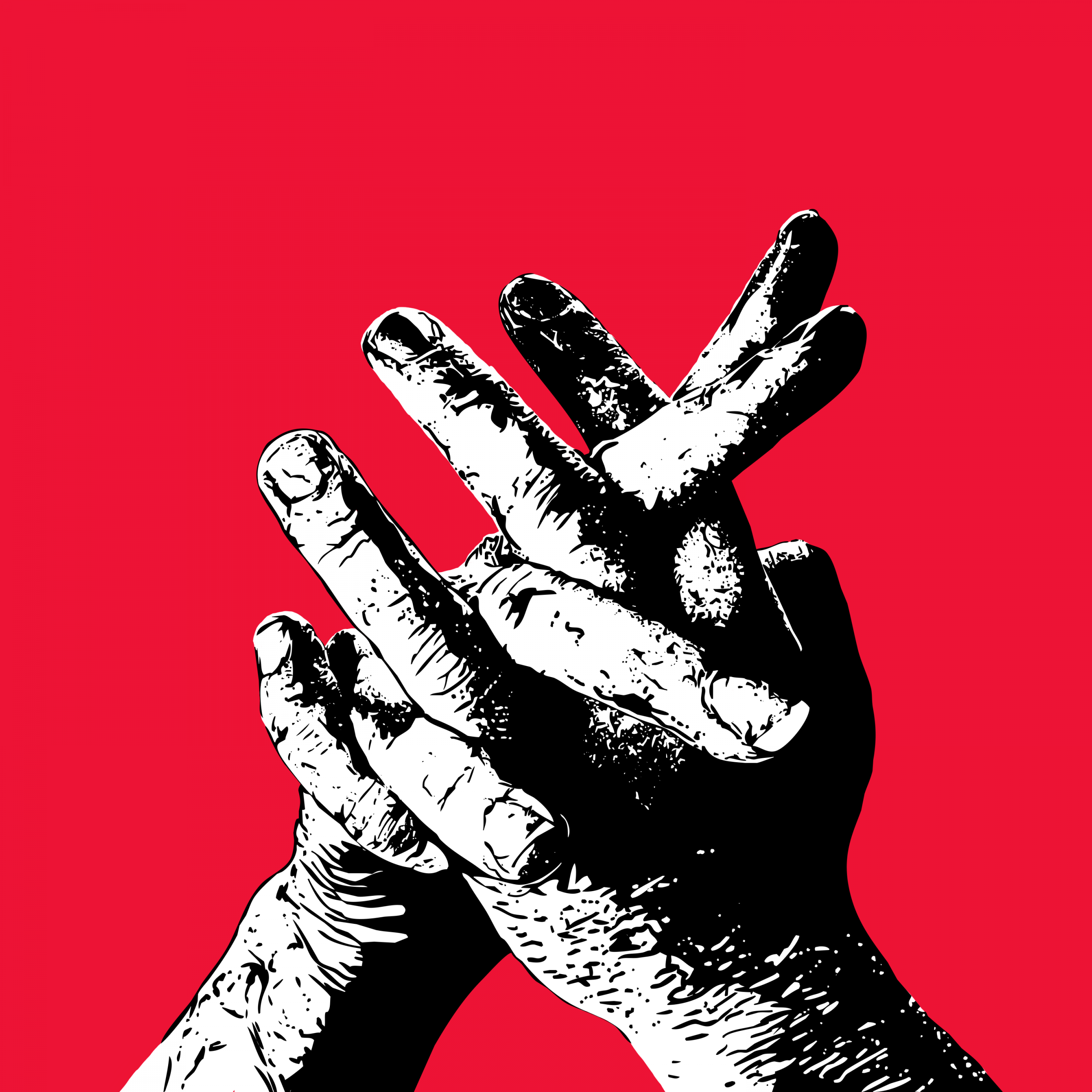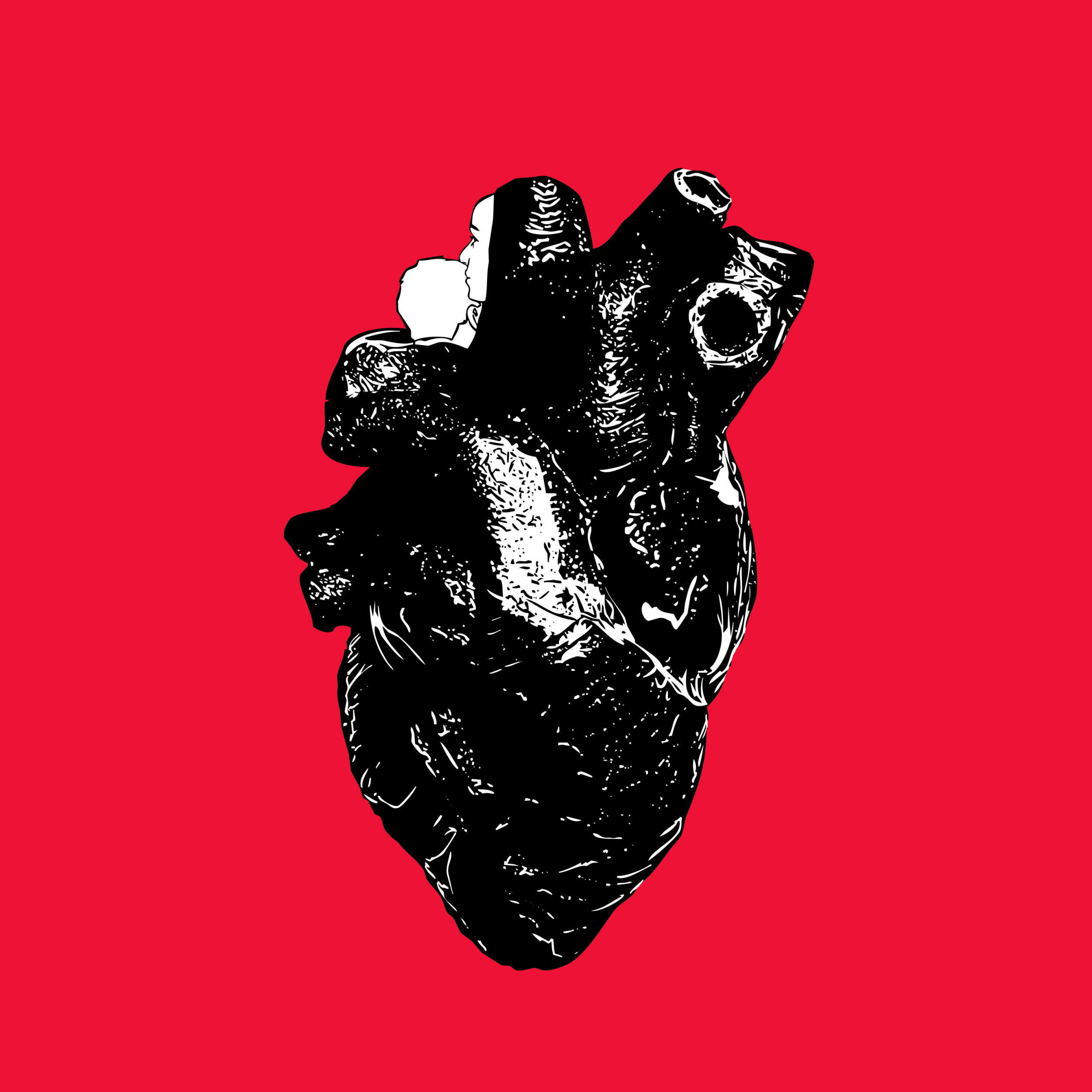Forgotten Women: A Syrian mother's remarkable journey to find her son
In the second in our series on the lives of ordinary women behind extraordinary stories, this month’s Forgotten Women features Om Mohammed, whose determination to find out the fate of her missing son defied personal tragedy, war and exile to a refugee camp

Your support helps us to tell the story
From reproductive rights to climate change to Big Tech, The Independent is on the ground when the story is developing. Whether it's investigating the financials of Elon Musk's pro-Trump PAC or producing our latest documentary, 'The A Word', which shines a light on the American women fighting for reproductive rights, we know how important it is to parse out the facts from the messaging.
At such a critical moment in US history, we need reporters on the ground. Your donation allows us to keep sending journalists to speak to both sides of the story.
The Independent is trusted by Americans across the entire political spectrum. And unlike many other quality news outlets, we choose not to lock Americans out of our reporting and analysis with paywalls. We believe quality journalism should be available to everyone, paid for by those who can afford it.
Your support makes all the difference.
More than 500,000 people have died since the Syrian conflict began in 2011. This week that number rose yet again, with dozens of civilians killed in an alleged chemical attack in Douma.
With thousands of men imprisoned or killed at the hands of Isis and the Syrian army, many women are left behind fighting for survival, without even the solace of knowing whether their husbands and sons are dead or alive.
This month’s Forgotten Women is about one such mother, Om Mohammed, who through truly remarkable means managed to find out the fate of her missing son.
Despite reeling from the horrific discovery of her husband’s body, and constantly fighting to protect her five other children, she never gave up searching for her boy.
***
Daughter to a successful cotton and wheat farmer, Om Mohammed and her three siblings lived in a small Syrian village. With picnics on the sunny green, crisp clean school uniforms and a lust for learning, “those were happy days”.
Even when at 16 she was married to her mother’s cousin and she had to stop school, she enjoyed life.
“When I got married, I lived in Shaam, Damascus, and my husband was working and we had a good salary.
“I lived there for 17 years, then the protests started and life started to change. My husband’s work started to decrease, we were forced to downsize, and because of the continuous bombings we stopped sending our daughter to work.
“One day my husband didn’t come home.”
Remembering the weight of the day hung heavy in Om Mohammed’s voice.
There had been an explosion at a garage close to where her husband worked and he wasn’t answering his phone.
Om Mohammed and her family were all too familiar with Syria’s missing people, with thousands disappearing since the start of the uprising.
They spent nearly two months searching police stations and hospitals, until eventually they began to look in morgues.
“We went to 10 hospitals and looked at so many dead men to find my husband, so many people were dying around me. At one hospital we went to the basement to look at the bodies and I found him. I fell down to the ground without even feeling myself falling when I saw him.
“When I found his body and took him home we couldn’t even wash him in the proper Islamic way for the burial because his body was so changed.”

Before the gruelling search, Om Mohammed’s eldest son Aran had moved several hours away to work in a restaurant and had no knowledge of his father’s death.
As Om Mohammed prepared to tell him, she was once again forced to face the unthinkable.
“One day a group from Isis went into the restaurant Aran worked in for lunch and the government heard about this. A fight broke out between them; some ran away, some died, but my son couldn’t get out.
“So the Syrian government captured those working there. My son defended himself, saying he was just working there, but the government said if the restaurant didn’t have a good relationship with Isis then they wouldn’t be confident enough to dine there, so they arrested him.
“They imprisoned them, they tortured them, they hit them, they hanged them from walls and ceilings. They would only be given a small piece of bread to eat every day. They were doing everything they could to be sure these people didn’t belong to Isis.”
During this time Om Mohammed had no idea what had happened. She had no way of reaching him, and despite constant searching she could find no trace of Aran.
She broke down in tears thinking about the unrelenting search.
“Every day, nothing. I could do nothing. I thought the same thing had happened to me again – I have lost my son.”
With no income, dwindling food supplies amid raging violence and five other children to look after, Om Mohammed’s brother persuaded her to move to Iraqi Kurdistan.
The family lived in the sprawling, overpopulated Domiz camp, known as “Little Syria” for its huge population of Syrian refugees.
Her brother promised to keep looking for Aran, even if it meant returning to the morgues. He kept his promise.
“Four months after coming to the camp, my brother called with news that my son was still alive. We didn’t know where he was, or how he was, but we knew he had been fighting on the front lines.
“My brother got the number of a military person, an officer, and after so much calling we eventually managed to find my son’s branch, and I kept trying for three days.
“On the third day, at 8pm, I remember it, a man answered. I asked if he had Aran in his battalion – he said yes, I have heard that name.
“The line was bad and the man was whispering to me. He said ‘I will look for him; when I call you with one ring, you call me back’ and hung up.”
Om Mohammed waited in the camp, praying the man would call before someone stopped him.
Eventually there was one ring on the phone, but she had no credit left or money to get more.
She quickly got some sugar and took it to a small shop, begging them to exchange it for credit.
“I managed to call back. The line was poor, and there were so many voices. Suddenly through the noise I heard, ‘My mother, my heart’ and I started crying. That was what my little boy always said to me, so I knew immediately without him saying another word. I had found him.

“He straight away asked to speak to his dad, he had no idea he was dead, and I couldn’t tell him, I just couldn’t.”
Om Mohammed spent the following months selling rice and sugar to get more credit and keep secretly speaking to her son.
Every phone call he would ask where his father was, and every phone call she would lie, unable to share the truth.
“His voice had changed over the phone from the boy I knew. One day he kept telling me how worried he was about me, and to look after myself and his siblings. I asked him what was wrong and all he said was ‘I know’ and hung up.”
Om Mohammed did everything she could to get her family out of the refugee camp and to see Aran again.
After a year and nine months, having moved into a house with her siblings and other children, the family managed to save the equivalent of £1,300 – enough to attempt the dangerous process of smuggling her son out of Syria.
“We gave the money to a man who would help us smuggle him from Syria to Erbil, where I had moved to. Aran had broken his arm in a battle and had been relocated, so that made it easier to get to him. Because he wasn’t smuggled out from the military, he was in a civilian area, that’s the only reason it was possible. And we did it.”
Om Mohammed pulled out pictures of her son, smiling with pride.
“Now I have been out of the camp for five years and my son lives with me in Erbil, in a proper house.
“I have a small sewing machine and sew for neighbours and relatives, and my son is selling tea for 100 Syrian pounds (13p) a cup in the parks. Our life is really difficult, but at least my son is with me, that’s all that matters. He has come back to me.”
Om Mohammed is now part of Women for Women International, an organisation which supports and educates women who live in some of the world’s most dangerous places.
From numeracy to reproductive health, hygiene to voting rights, Om Mohammed is soaking up as much knowledge as she can from the courses and teaching everything to her children.
This is one woman’s story, and every one is different, but Om Mohammed wants women to know they are not alone.
“I’m sending a message to all the women who have been in my shoes, who have gone through all the things I’ve been through, to stand up and keep going. Push back, have hope for a better future. I’m so glad I got reunited with my son, I’m so happy about that.”
Names and certain locations have been changed to protect the identity of those still fleeing conflict
Om Mohammed is attending the year-long training programme provided by Women for Women International
Women for Women International’s work in the Kurdistan Region of Iraq is generously supported by players of the People’s Postcode Lottery
Join our commenting forum
Join thought-provoking conversations, follow other Independent readers and see their replies
Comments